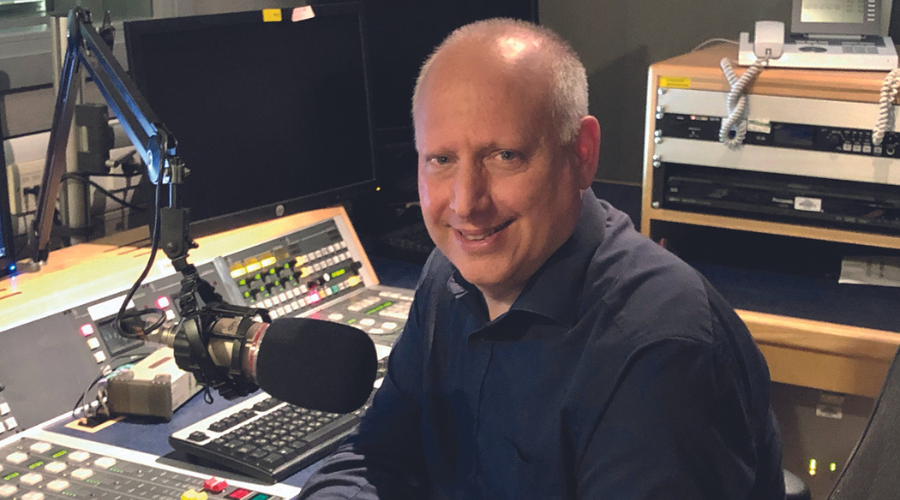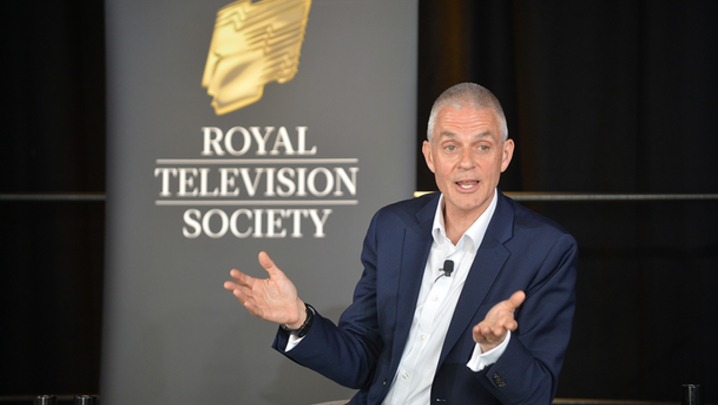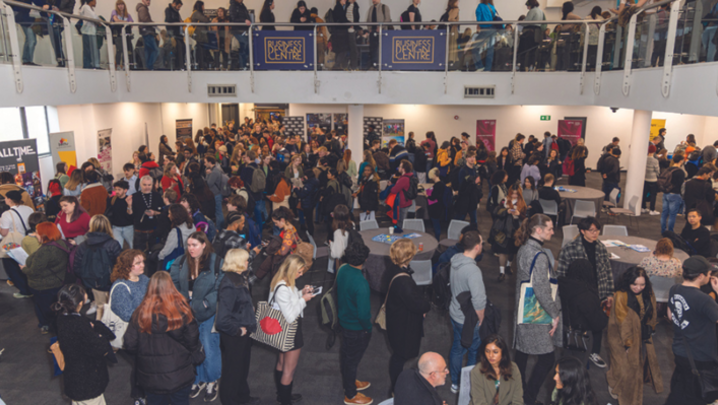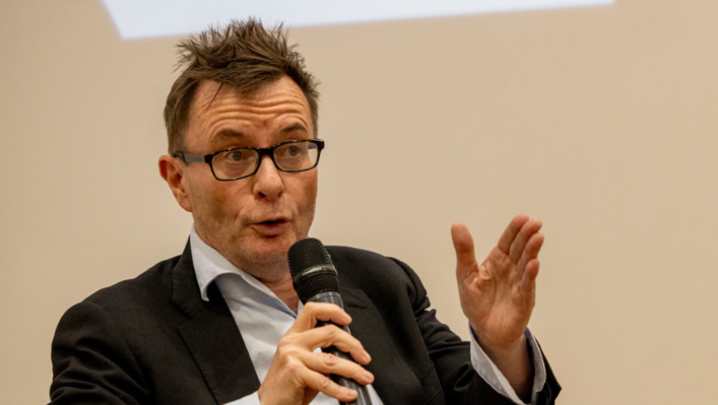Steve Rosenberg explains why he has stayed on in Moscow despite the obstacles to reporting
BBC News Russia editor Steve Rosenberg spoke via a sometimes erratic video link from Moscow, posing the question: “In today’s Russia, does a foreign correspondent still have the opportunity to do journalism?
Rosenberg joined the BBC’s Moscow Bureau as a producer in 1997 “at a time when Russia and the West were still partners – it’s very different now… in recent months, journalists from ‘unfriendly’ countries [largely the UK and the West] have been barred from major events such as the Victory Day Parade on Red Square.”
“In the state media… anti-British rhetoric is off the scale because the UK is seen as one of the strongest supporters of Ukraine and, as a consequence, some Russian officials and commentators who used to… give us interviews now decline. Some western journalists have been forced to leave the country… Wall Street Journal reporter Evan Gershkovich was arrested and accused of spying – he remains locked up.
“It’s important to stress, though, that Russian journalists are in greater danger than foreign reporters.
“Reporting from Russia is challenging… the danger should be taken seriously and those risks should be reviewed regularly. But I believe it is more important than ever, if at all possible, to be here on the ground. How else can you hope to understand what Russians are thinking… and how on earth this country… has taken such a dark path?
“I’ve heard it said that there’s no point talking to people on the streets here… Russians are too scared to tell you what they really think and, yes, there is fear and there are many repressive laws to punish those who ‘discredit the Russian Army’…
“Despite everything, there are still opportunities to do journalism in Russia; mind you, being here doesn’t mean having inside knowledge of what’s going to happen. Whenever I’m asked… how the war is going to end or what will happen to President Putin, my usual response is to throw up my hands in surrender and say: ‘You know what? I haven’t a clue.’”
Q&A
John Ryley: How much day-to-day pressure do you feel from the Russian authorities?
We’re clearly made to feel the enemy [but] we don’t get calls from the foreign ministry, so we don’t feel pressure that way.
Lyse Doucet: You never pull your punches… that’s truly courageous.
There’s no point being a journalist here, if you can’t tell the story as you see it… the sword of Damocles hangs over us constantly.
A Russian teacher in the audience: Since the invasion I’ve struggled with my own motivation to teach Russian…. How do you find the motivation to keep going?
I’ve spent more than half my life here… it’s a country I fell in love with many years ago… and yet on 24 February last year, something awful happened that I didn’t expect would happen and that’s tested to the limits my love for this country…
But I haven’t given up on Russia… I try to step back and take a historic view that this horror, this nightmare will be over at some point.
Report by Matthew Bell. Steve Rosenberg delivered this speech as part of the Steve Hewlett Memorial Lecture 2023, alongside Lyse Doucet and John Ryley. The Steve Hewlett Memorial Lecture 2023 was held at the University of Westminster on 14 September, and produced by the RTS and the Media Society.







